Whether it's eating junk food, exercising, consuming excess sweets or drinking six cups of extra strong coffee a day, the body and mind become accustomed to anything that is partaken or undertaken regularly. It follows, then, that anything that is suddenly taken away is likely to put the body and/or mind into a state of some degree of discomfort - dependent on what it is that is being withdrawn - and it will behave accordingly. This is a key reason why dieting remains one of the most challenging things to undertake, with a relatively high failure rate. Suddenly having to give up significant calories, or reduce/cut out whole food groups is both physically and mentally very trying. In truth, most people struggle with it for that very reason.
What is Cannabis Withdrawal Syndrome?
Cannabis users are often lumped into the same bracket as those who use serious class-A drugs such as cocaine or heroin. Whilst this is at best, ill-informed, and at worst highly damaging - both to the individual and society as a whole - it reflects the narrative that prevails within the wider public consciousness.
In terms of withdrawal, those who have used cannabis for a long time may be disappointed to learn that despite the above, they are not completely immune to the effects of withdrawal symptoms. Abrupt withdrawal after chronic long term overuse will precipitate a specific withdrawal syndrome, which is characterised by mainly behavioral and mood-related symptoms of a light to moderate level of intensity.
Whilst the symptoms of CWS are clearly not pleasant and can vary in levels of discomfort, none are of any medical severity, unlike those of opioid withdrawal that can have life-threatening consequences. Common symptoms are headaches, increased appetite, vivid dreams, irritability, sweating, nausea and insomnia. Generally, cannabis withdrawal symptoms will peak somewhere during the first week or so after quitting and begin to improve within week two
.
How to treat cannabis withdrawal
Some people believe that prevention is better than cure, but it is also worth learning about measures to alleviate the unpleasant symptoms of withdrawal if they occur.
Following these tips within the first 72 hours of withdrawal after chronic use can make things much easier.
Stay hydrated
As they say, water is the source of life; considering that 60-63% of the body consists of water, this shows how essential hydration is for human health and survival.
Drinking enough water - avoiding sugary and caffeinated drinks - can help make the recovery process more efficient.
Exercise
There is a wealth of research material on the internet from which one can learn the benefits of regular exercise. Of course, in addition to its general effects on health and wellbeing,, it is especially important to exercise in order to help to sweat out the accumulated toxins from long-term cannabis use.
Undertaking at least 30 minutes a day to exercise is ideal.
Eat healthier
It’s true that a large plate of junk food may superficially satisfy the taste buds, but expect to feel slower and more irritable after eating them. If going through cannabis withdrawal, these foods will only make the process more difficult; eating healthily will give the body the fuel it needs to fight withdrawal symptoms without overtaxing the liver and kidneys in trying to process unhealthy, nutritionally deficient, junk foods.
Therefore, it is worth replacing these - at least temporarily - with fresh fruits and vegetables, along with some lean meat and/or fish, as well as healthy pulses and grains.
Practice different relaxation techniques
Anxiety can be one of the main symptoms of cannabis withdrawal. There are many ways to try and overcome this, but one of the most proven, effective and simple strategies to combat it is through doing relaxation exercises.
It can be especially effective for those who already practice mindfulness meditation. For those who don't, or are unaware of what that is, it actually refers to a simple meditation that can be done by focusing on the moment, instead of overthinking past events or possible future ones. It generally only requires about ten minutes a day, and is a recognised relaxation method employed by athletes to politicians to public speakers alike.
Fighting withdrawal
Depending on the severity of the situation, cannabis withdrawal symptoms can vary. It might be as smooth as a walk in the park, it might be a little more difficult than climbing a hill. For some, withdrawal is often most comfortable when undertaken in a dedicated medically supervised detox centre, where professionals can expedite the process by helping with the discomfort.
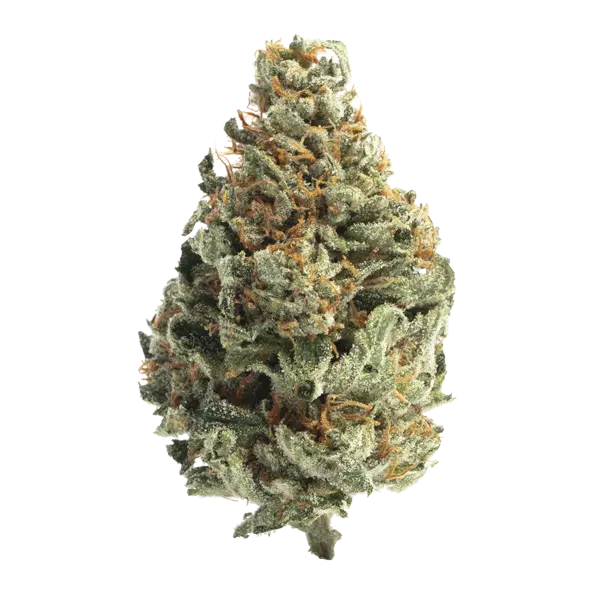
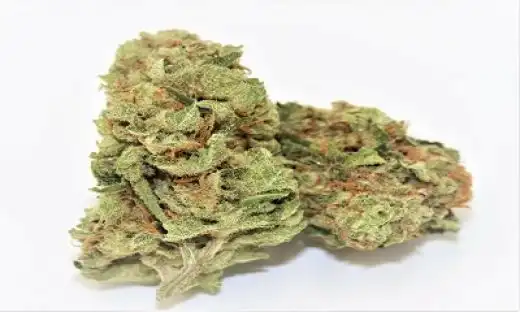

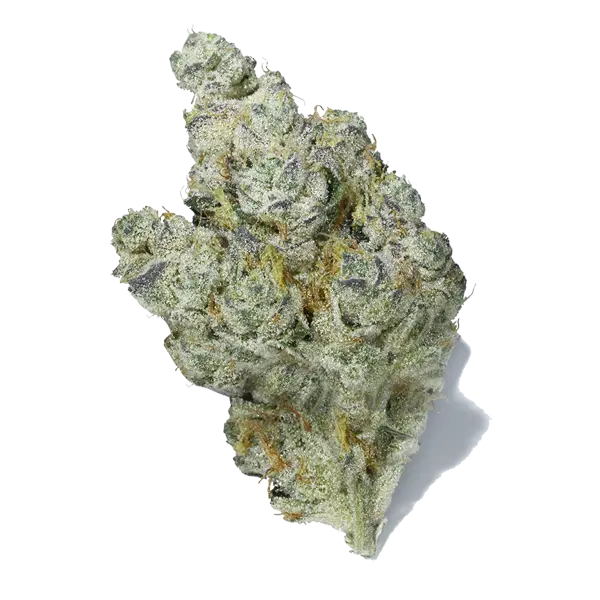
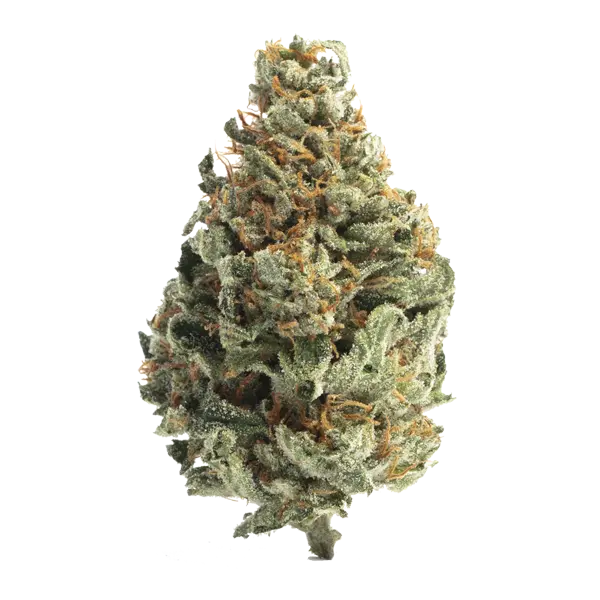
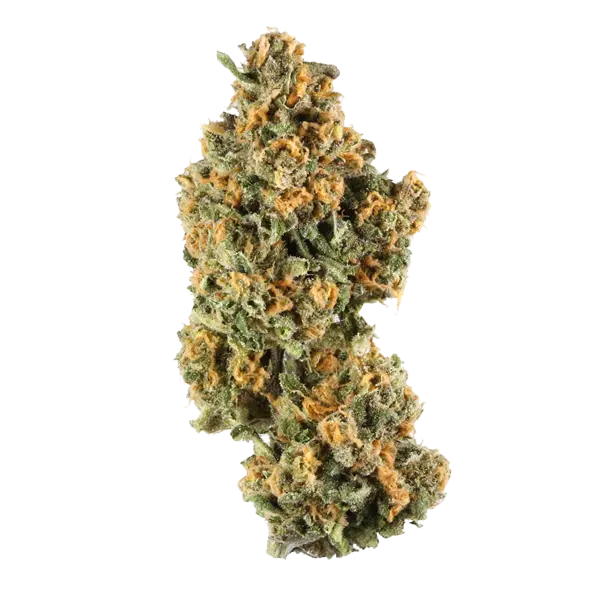
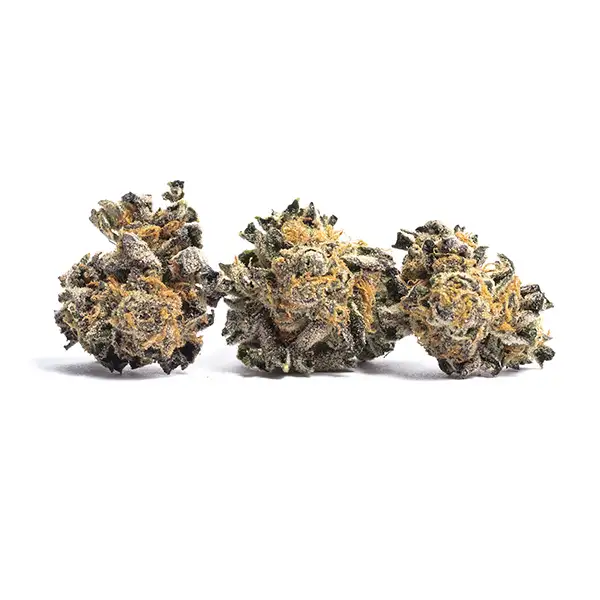
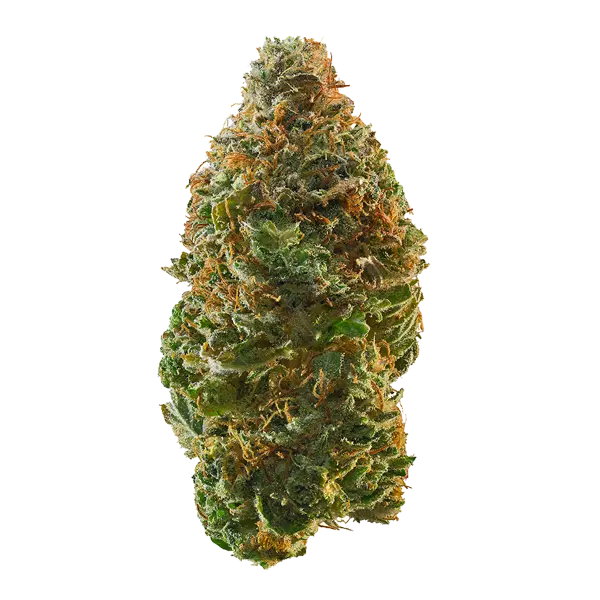
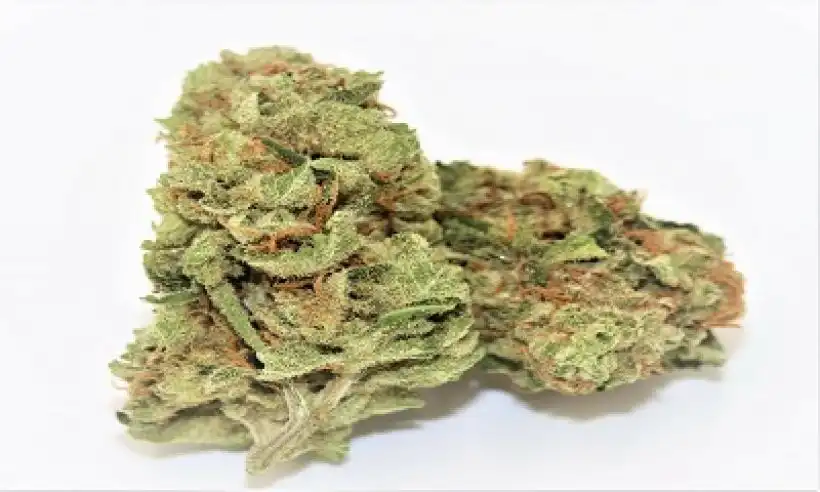
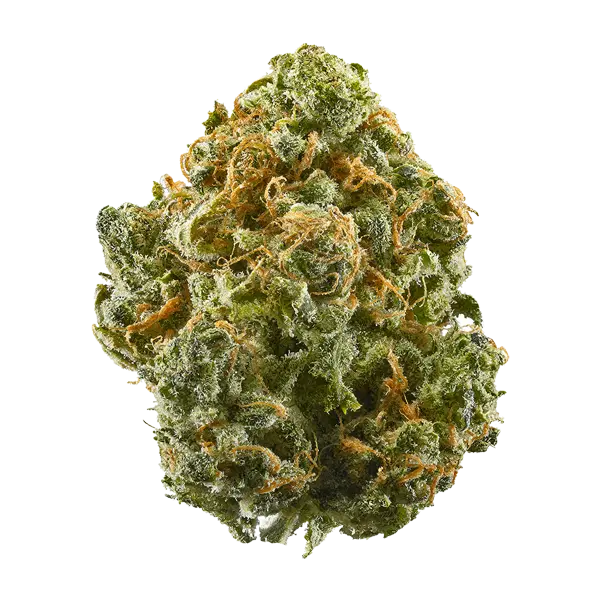
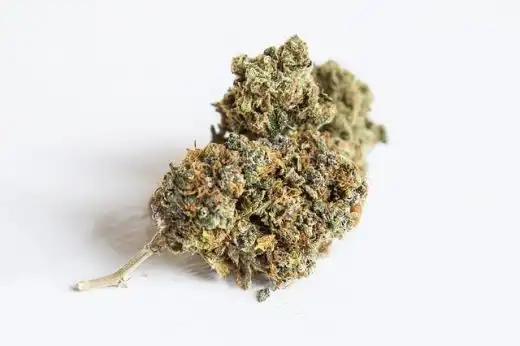
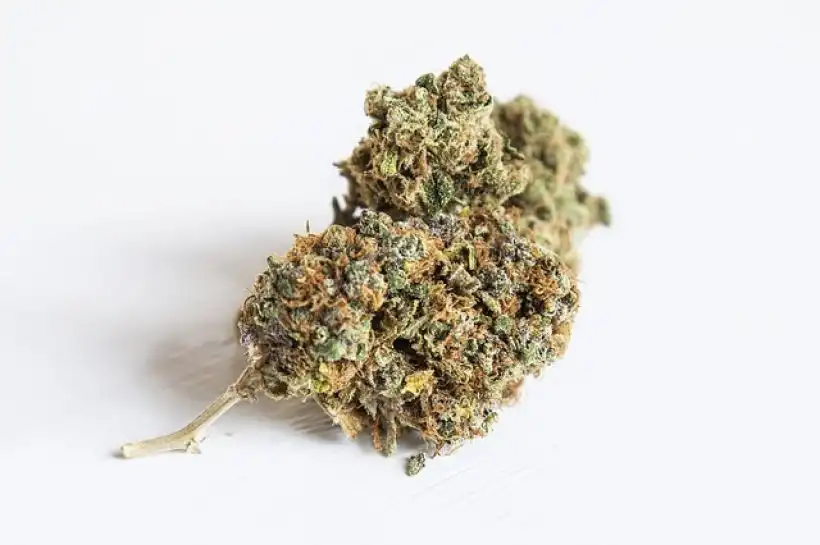
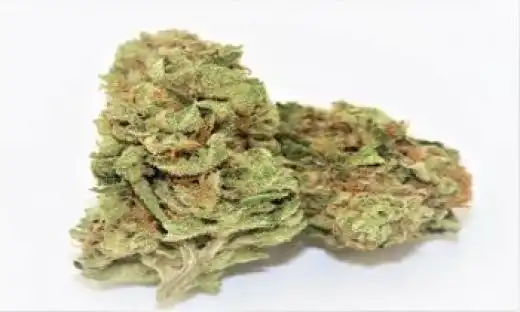
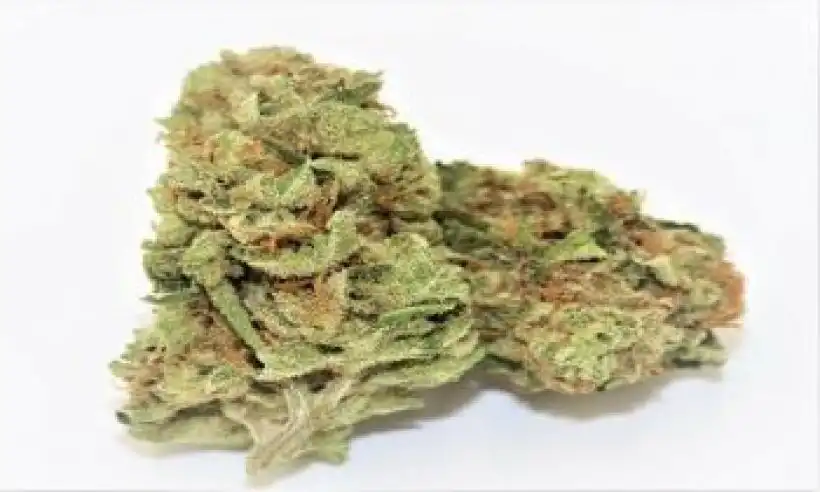
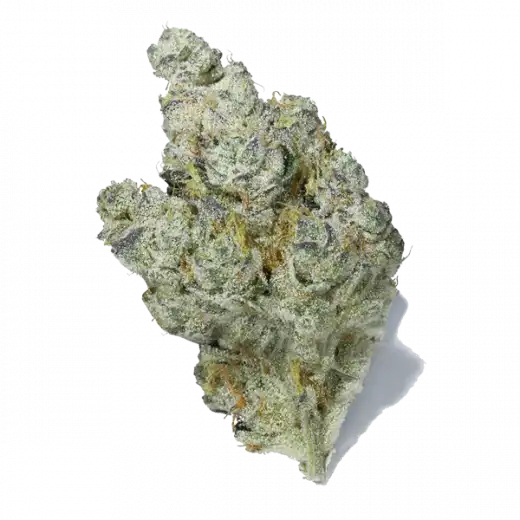
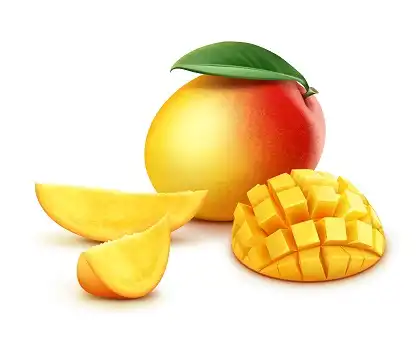
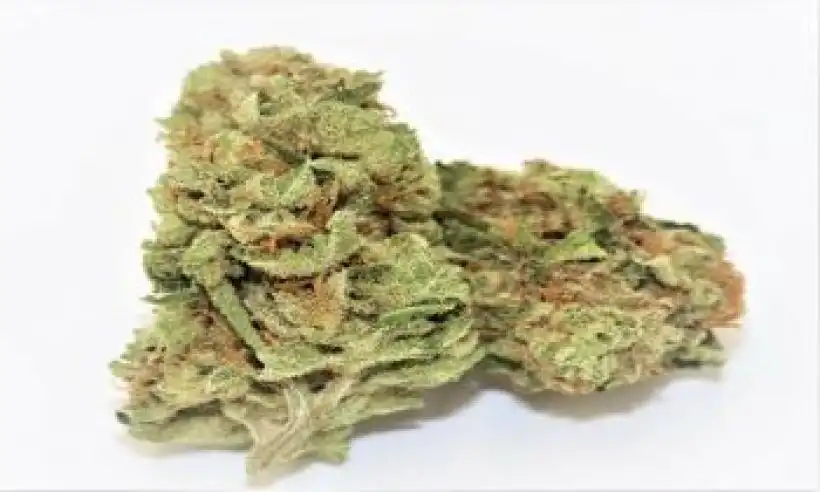
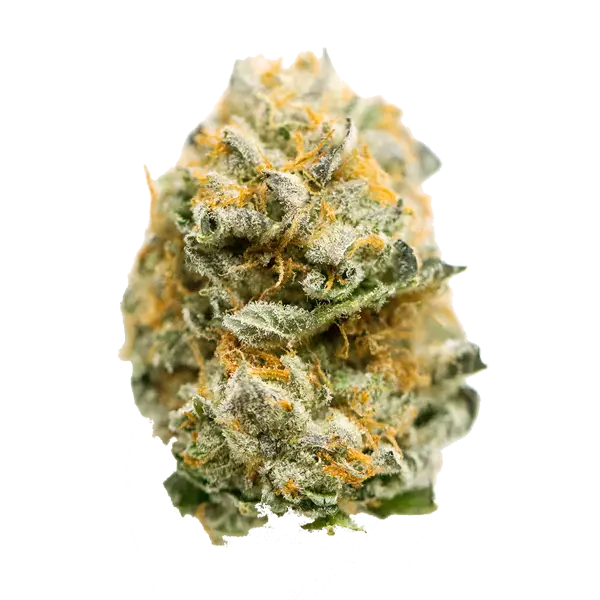
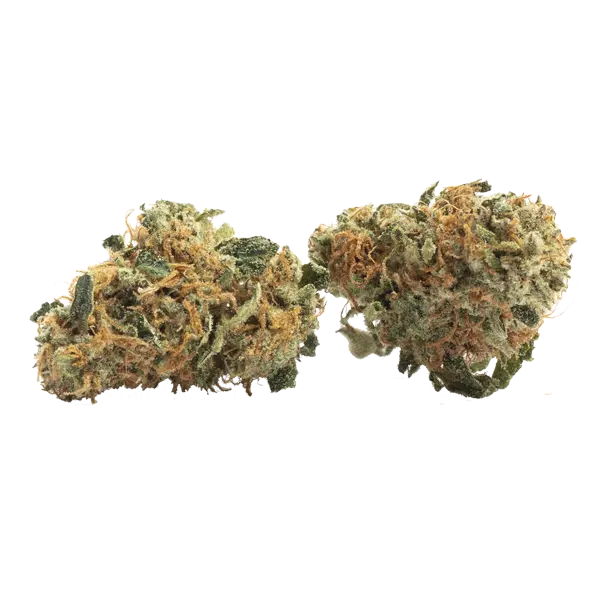
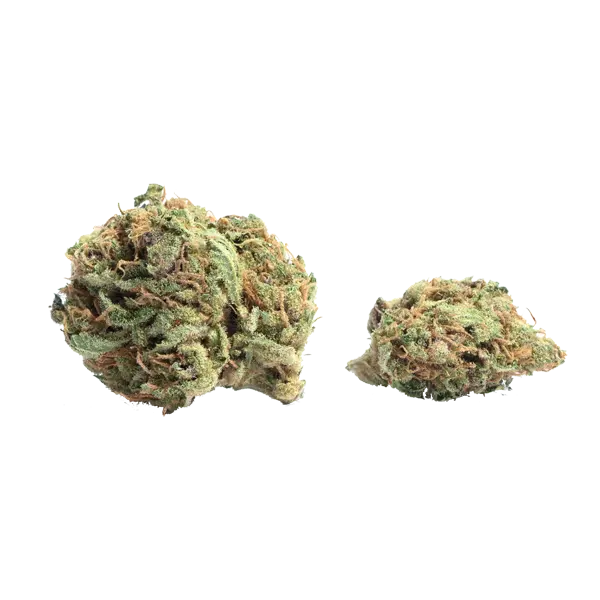
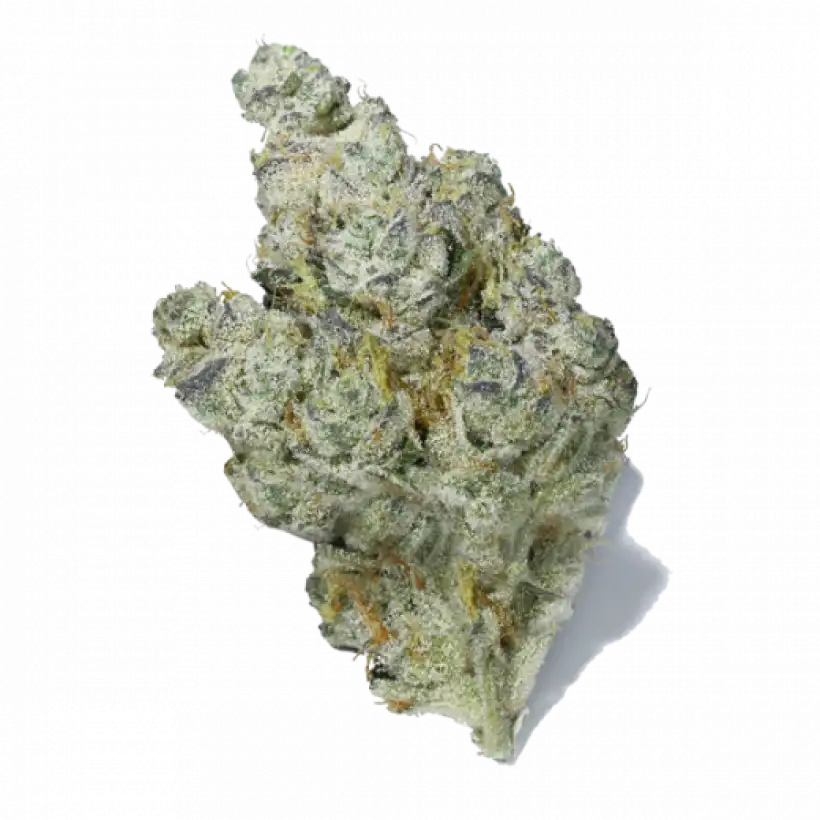
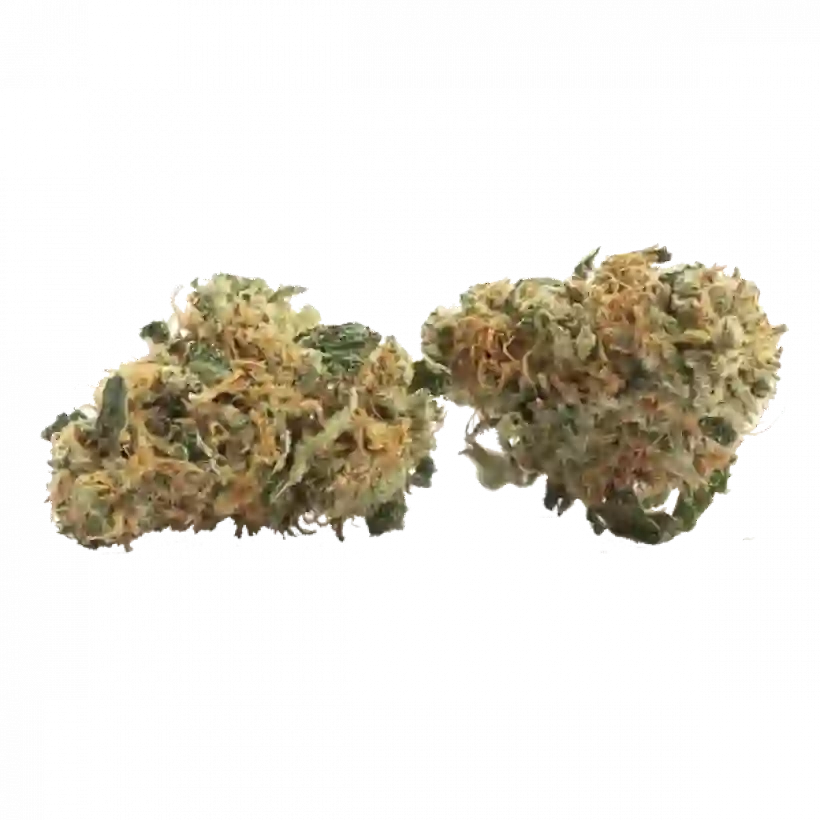
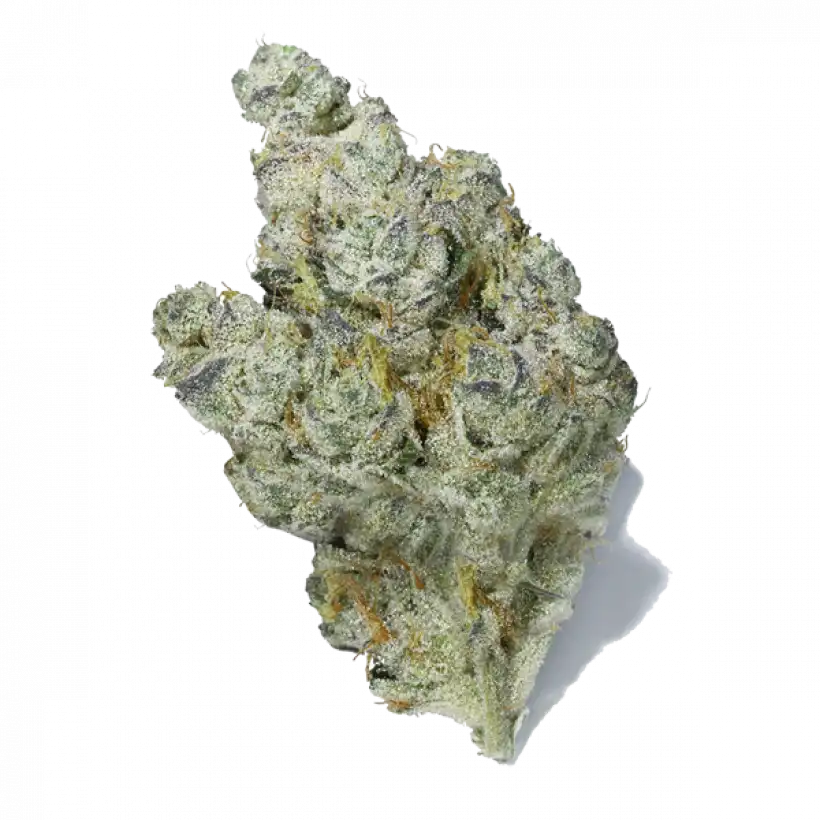
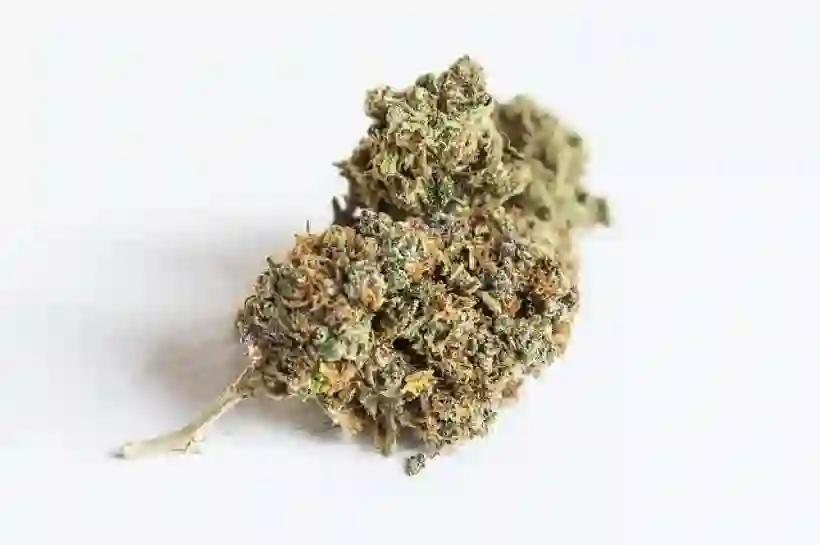
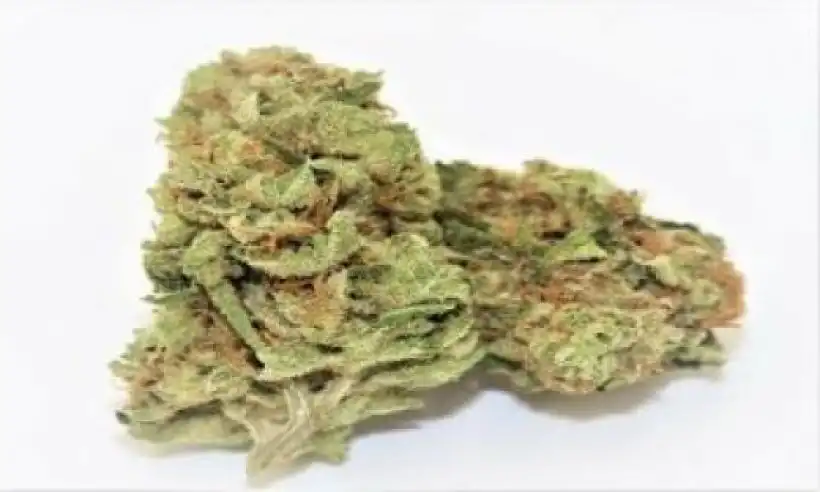
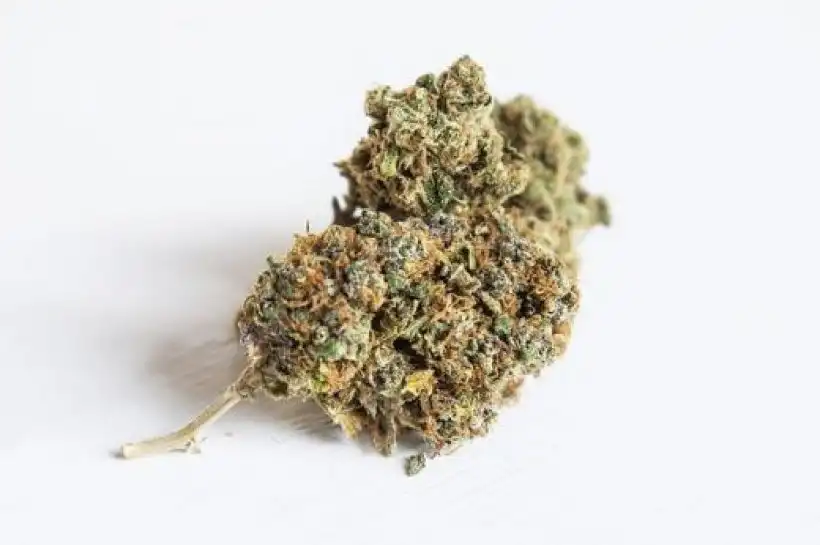

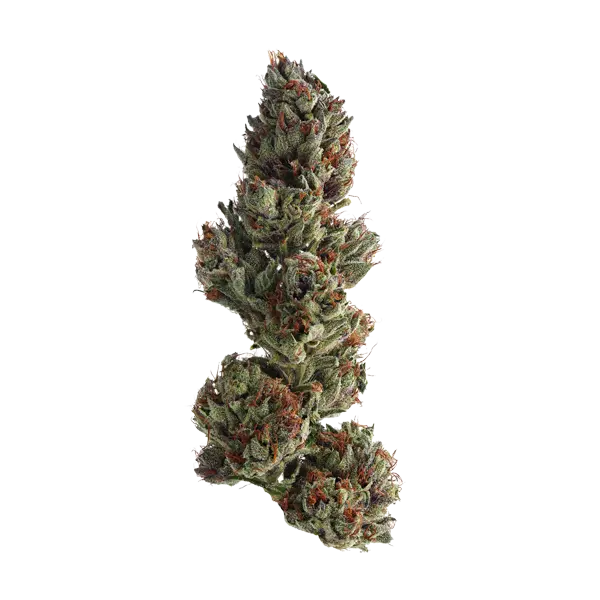
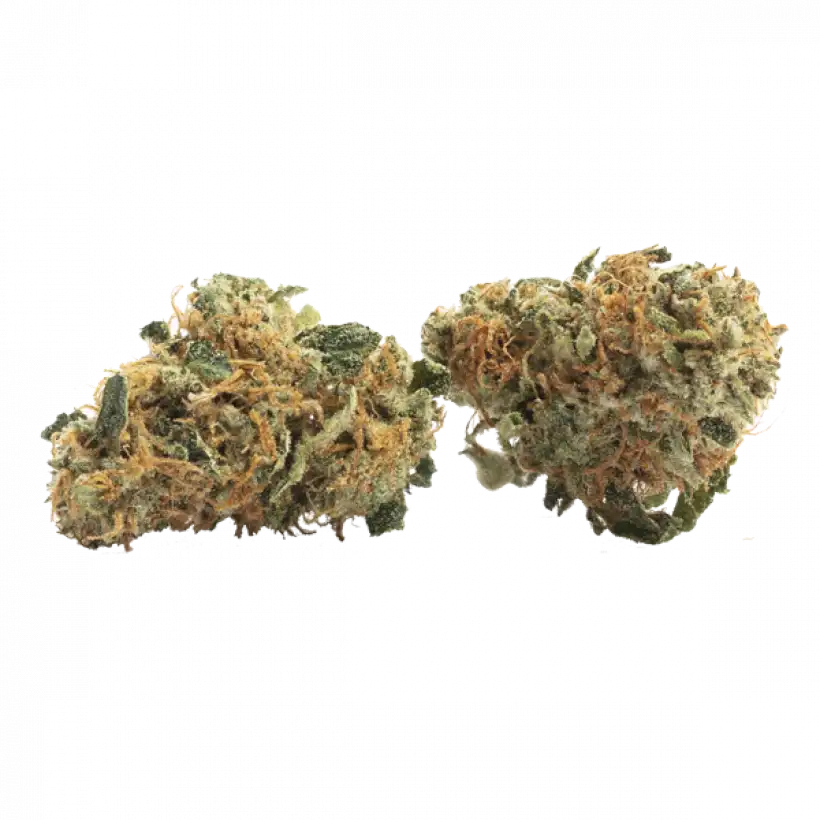
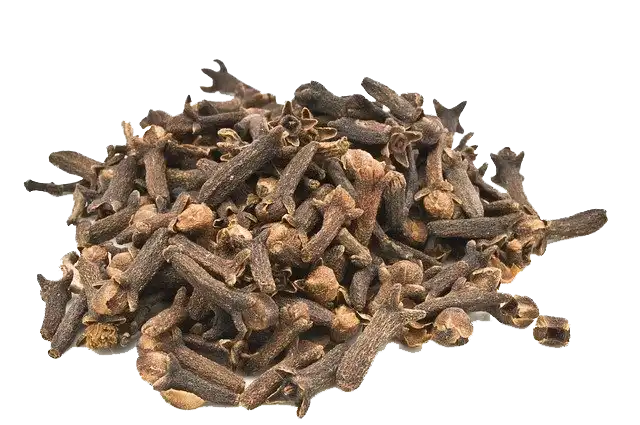
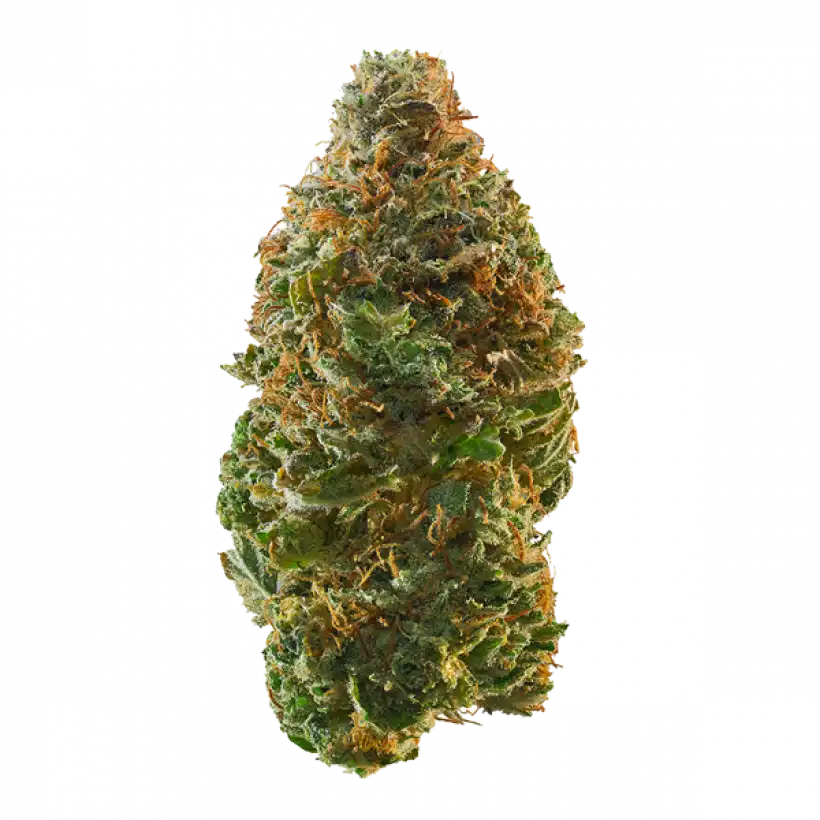

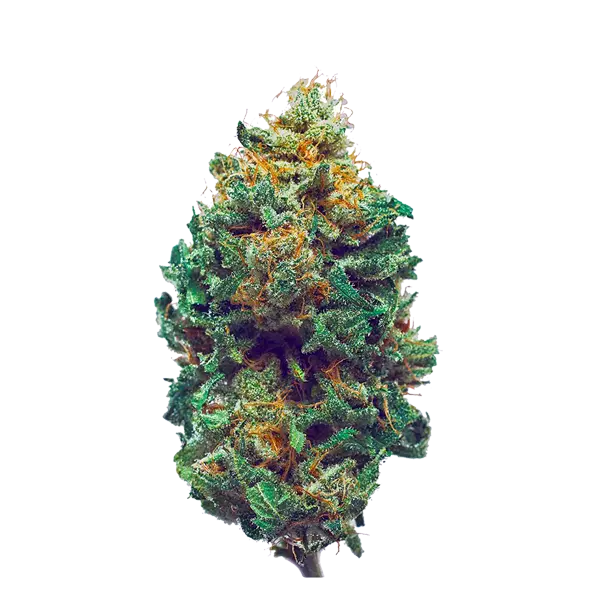

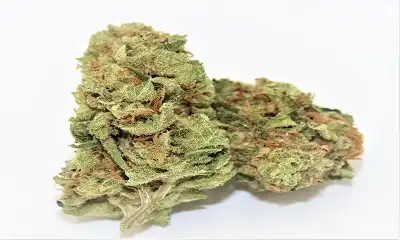
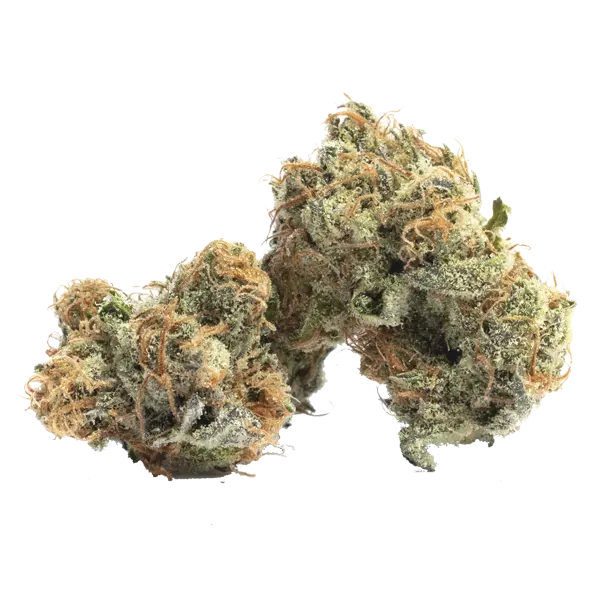
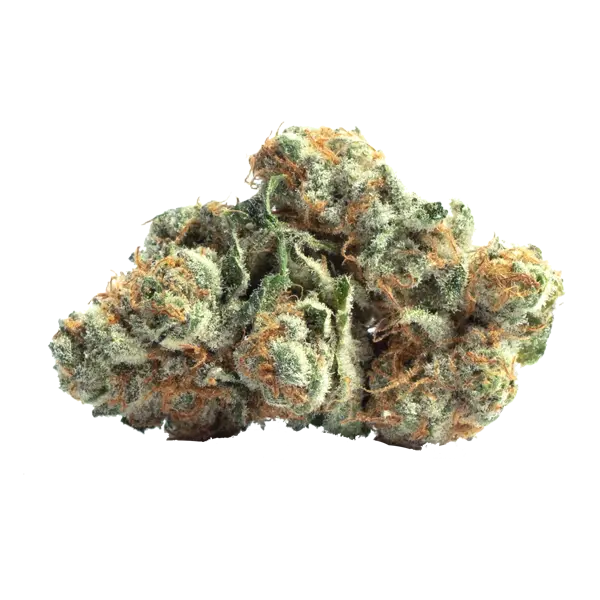
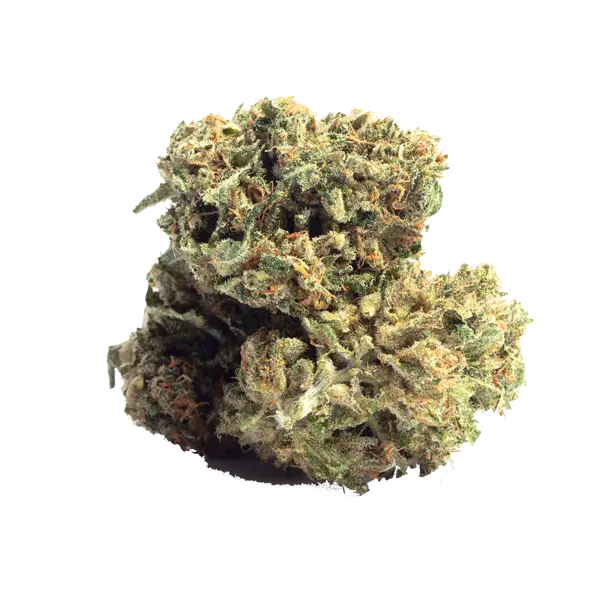
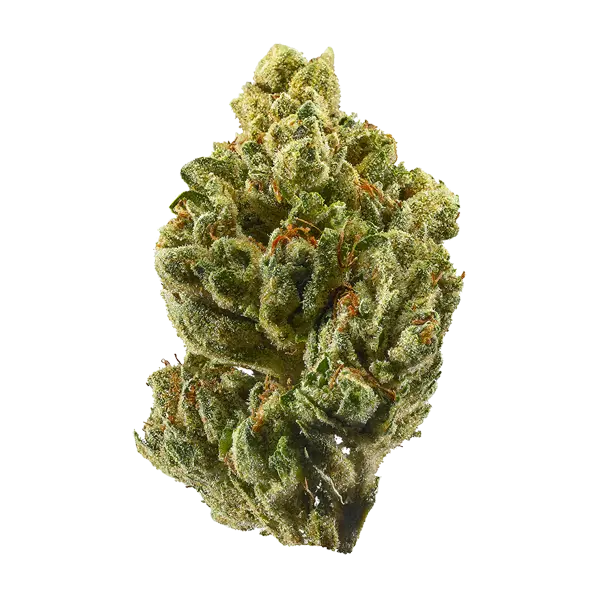
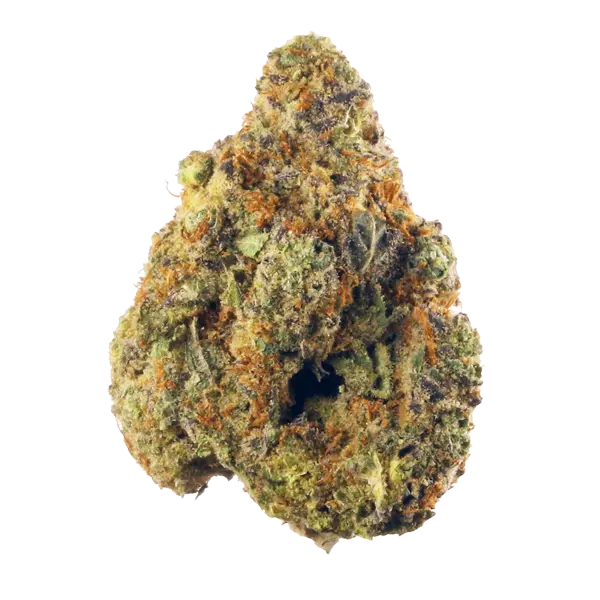
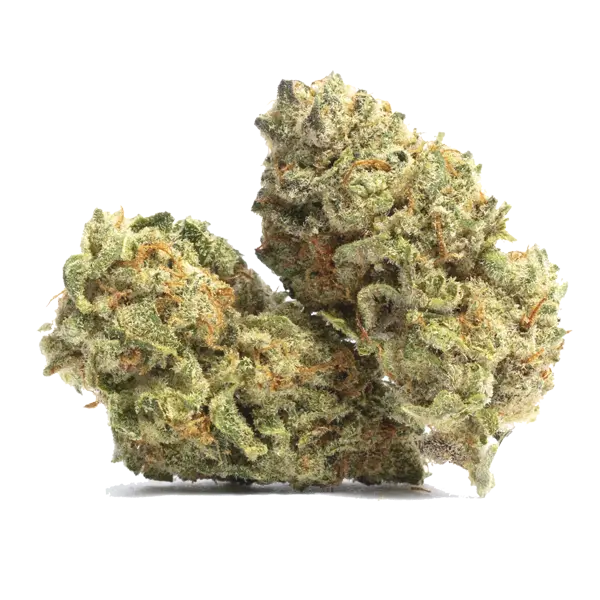
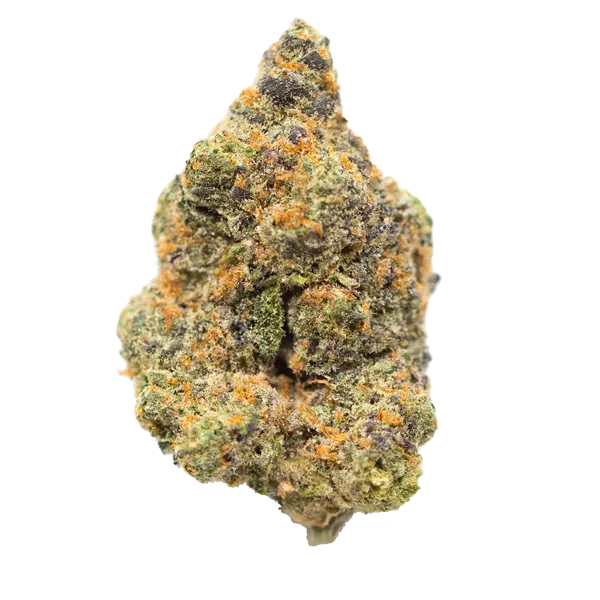
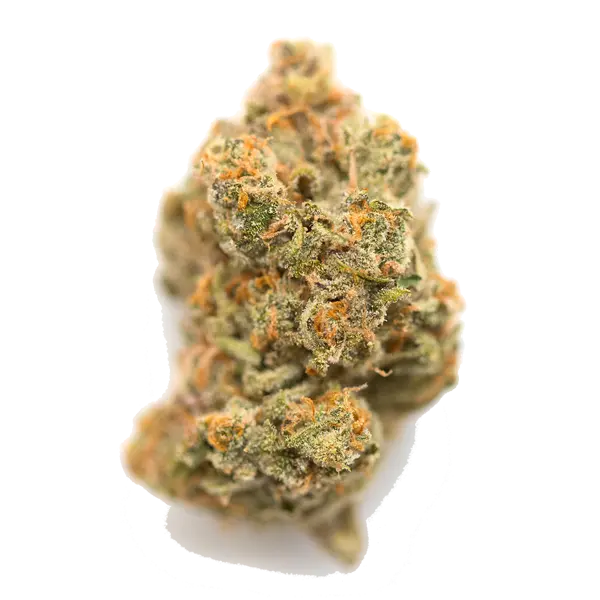
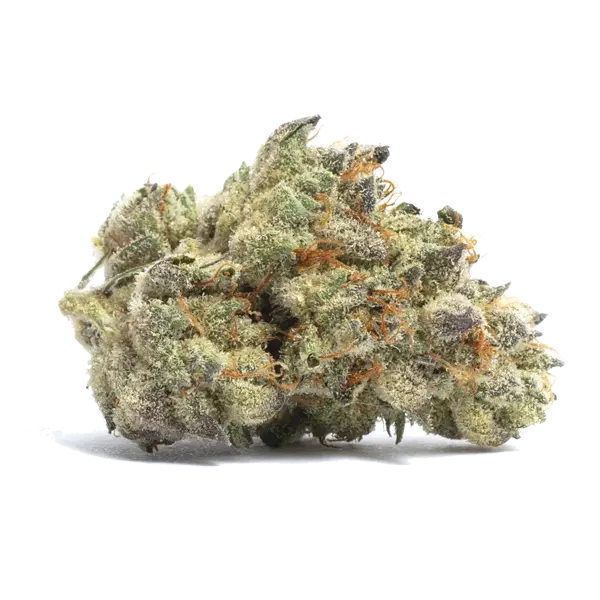
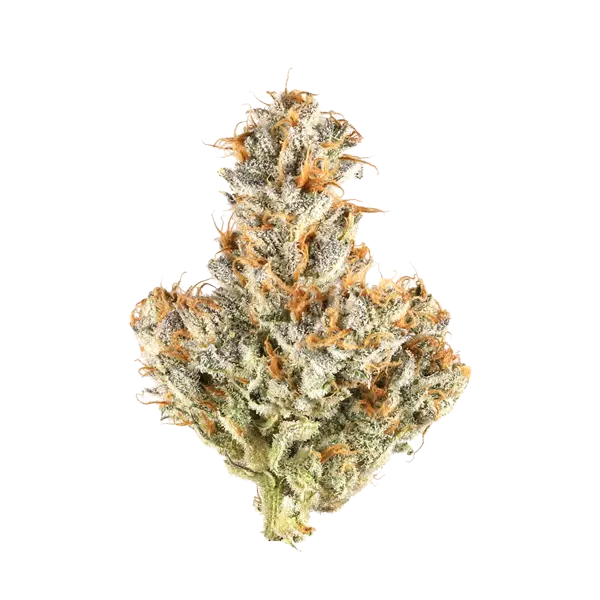
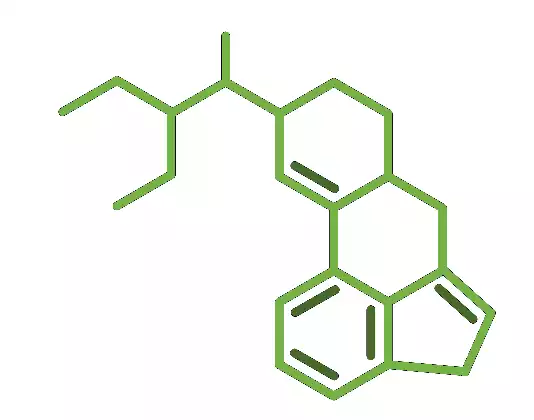





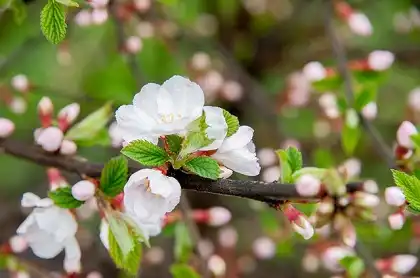
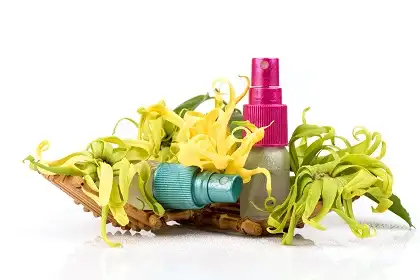










 Cannabis Poisoning in Dogs
Cannabis Poisoning in Dogs Cannabis: An Overview of Its Evolution
Cannabis: An Overview of Its Evolution








